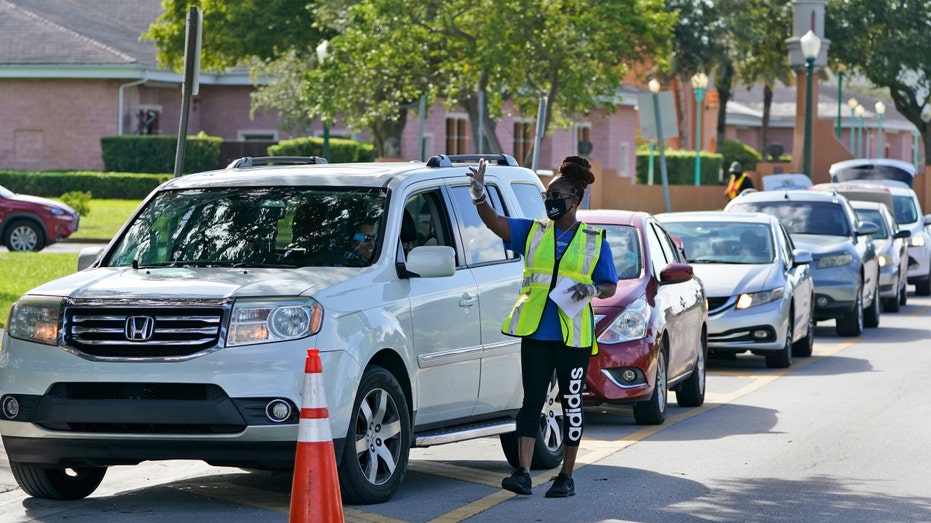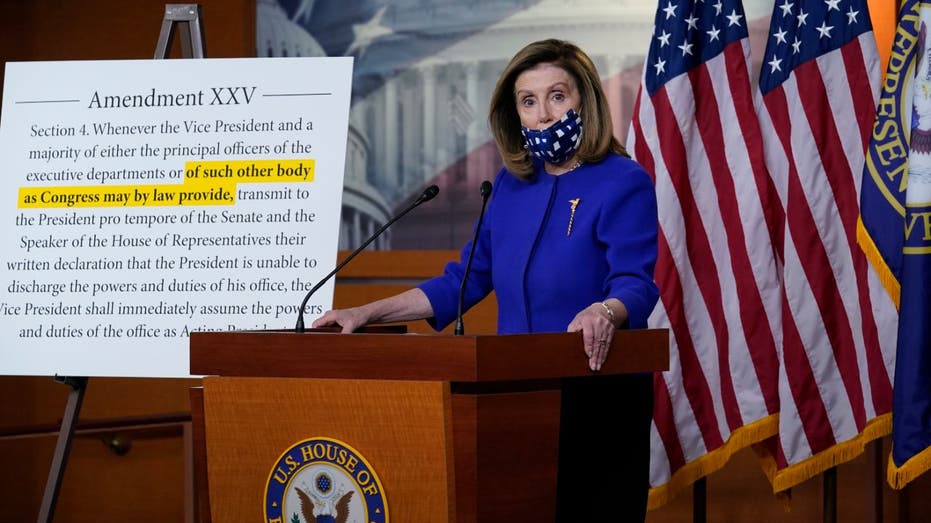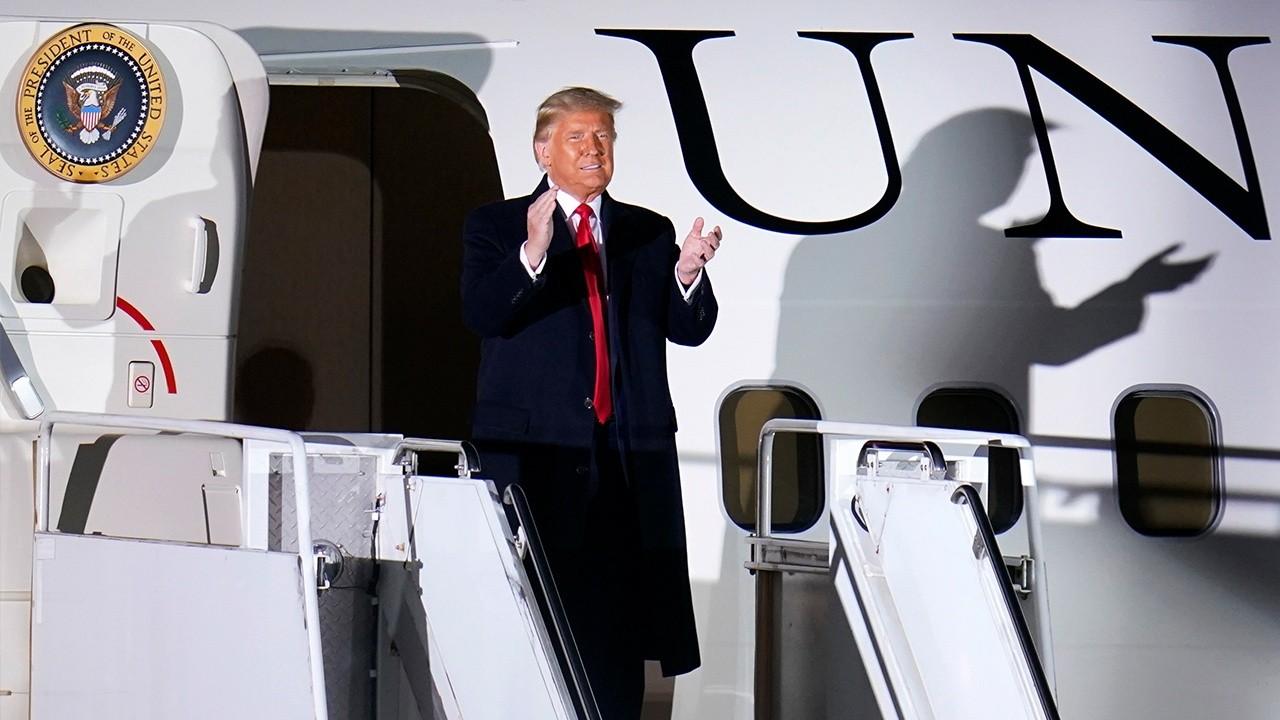Poverty rises amid coronavirus stimulus stalemate despite bright spot early in pandemic: researchers
Poverty rate jumped to 10.8% for August and September compared to 9.4% in April, May and June
After finding that the poverty rate declined in April, May and June after the federal government sent stimulus checks and increased unemployment assistance, a group of researchers say all progress has been erased as House Democrats and the White House remain in a coronavirus stimulus stalemate.
The poverty rate jumped to 10.8% for August and September compared to 9.4% in April, May and June, researchers from the University of Chicago, University of Notre Dame and China's Zhejiang University found. Pre-pandemic, the poverty rate was 10.9% in January and February, the researchers wrote.
"I don’t have a crystal ball, but it’s hard not to expect poverty to rise in the future unless we provide additional support for those who have been out of work," researcher Dr. Bruce Meyer, who teaches public policy at the University of Chicago, told FOX Business on Thursday.
Rising poverty is disproportionately affecting three groups: Black people, people with high school education or less, and children, Meyer said.

City worker Prudence Swift directs cars and hands out unemployment information at a food distribution event, Tuesday, Oct. 6, 2020, in Opa-locka, Fla. (AP Photo/Wilfredo Lee)
"There's a worry that if you're out of work for a long time, and your skills decline and you can't get a job back at the old firm, or maybe not even in your old industry, that you will be in a bad situation for a long time," Meyer said, adding that childhood poverty can also have long-lasting detrimental effects.
Meyer and his fellow researchers believe their numbers show that coronavirus stimulus checks for individuals was effective, even if it could have been more targeted.
TRUMP SAYS HE WOULD RAISE OFFER FOR CORONAVIRUS STIMULUS DEAL ABOVE $1.8T
"We could attribute all of the decline in poverty to the economic impact payments, which were substantial. For a two-parent, two-child family, the payment was $3,400," Meyer said. "These economic impact payments were a huge deal."
President Trump said Thursday he would raise his offer for a coronavirus relief package above the White House's current $1.8 trillion proposal amid a monthslong impasse with Democratic leaders over more funding.

Speaker of the House Nancy Pelosi, D-Calif., questions President Donald Trump's fitness to serve following his hospitalization for COVID-19, during a news conference at the Capitol in Washington, Friday, Oct. 9, 2020. (AP Photo/J. Scott Applewhite)
Both parties seem to be talking past each other as Americans' financial woes continue. House Speaker Nancy Pelosi, D-Calif., accused CNN anchor Wolf Blitzer Tuesday of being "an apologist ... for the Republican position" during an interview about coronavirus stimulus negotiations.
Fireworks began when Blitzer asked Pelosi why she "won't accept the president's latest stimulus offer."
GET FOX BUSINESS ON THE GO BY CLICKING HERE
"I hope you'll ask the same question of the Republicans on why they don't want to meet the needs of the American people," Pelosi said. "But let me say to those people because all of my colleagues — we represent these people ... and their needs are not addressed in the president's proposal. So when you say to me, 'Why don't you accept theirs?' Why don't they accept ours?"
Blitzer interjected, telling Pelosi that Americans "really need the money now" and quoted Rep. Ro Khanna, D-Calif., who recently said, "People in need can't wait until February. $1.8 trillion is significant [and] more than twice the Obama stimulus. ... Make a deal [and] put the ball in McConnell court."
Fox News' Joseph A. Wulfsohn and Megan Henney contributed to this report.




















